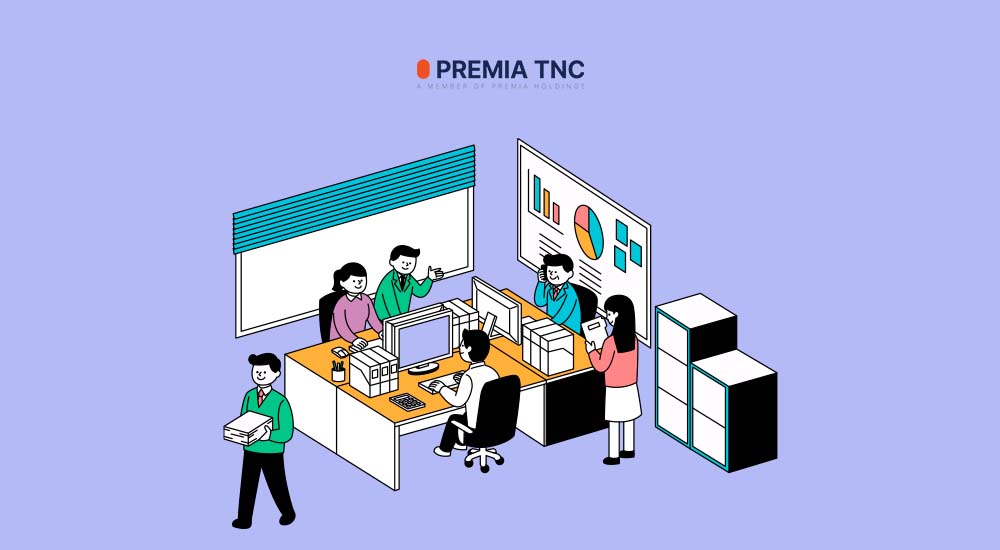
A:
To determine if an income is in substance a dividend, it is necessary to examine all the facts and circumstances relating to the transaction rather than the mere label of the income. Generally, dividend refers to a payment of part of the profits for a period in respect of a share in a company. It does not include distributions from a partnership, unit trust or other non-corporate entities and profit distributions from a branch.
A:
To determine if an income is in substance interest, it is necessary to examine all the facts and circumstances relating to the transaction rather than the mere label of the income. Generally, interest is payable for the use of money and is in the nature of compensation for the deprivation of such use.
A:
No. Borrowing money for financing its equity investment and earning incidental income (e.g., exchange gains) from such borrowing does not disqualify the taxpayer from being a pure equity-holding entity.
The term “MNE entity” is defined to ensure that an individual, such as a trustee, who represents a structure (like a trust) that is part of a multinational enterprise (MNE) group or is an MNE group itself, can be subject to profits tax under the new FSIE regime. This structure can take various forms and is not restricted to trusts or arrangements similar to trusts, such as unlimited liability joint ventures.
According to the ordinary meaning of the term “act for”, it means “to serve as an authorized or official representative”. Hence, if service providers merely provide services to MNE groups, this alone does not count as “act for”. An independent service provider who only serves an MNE group or an entity included in an MNE group in the course of providing services to the group or entity will generally not be brought within the scope of the new FSIE regime.
비즈니스 / 컨설팅 문의하기
비즈니스 / 컨설팅 문의하기





